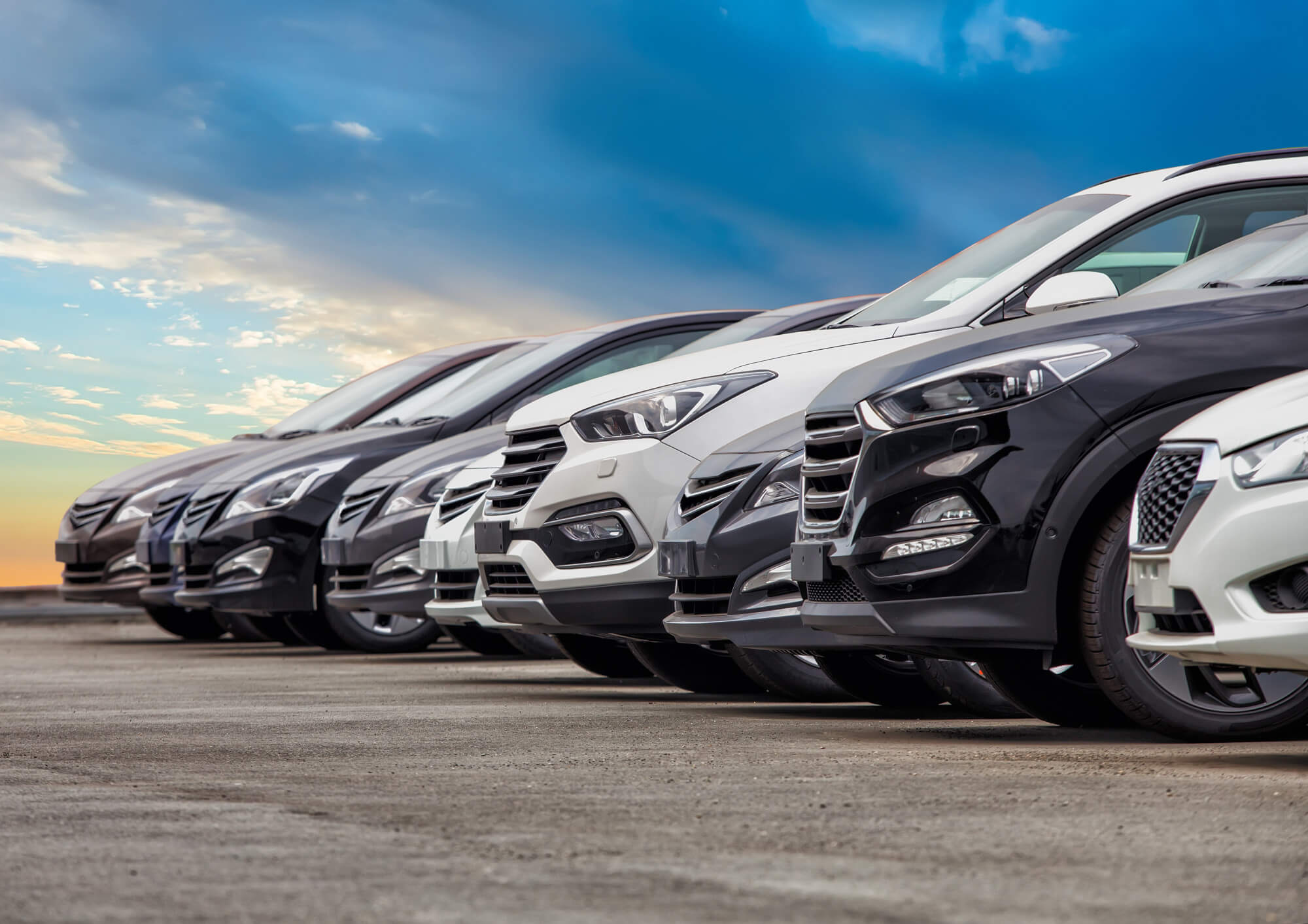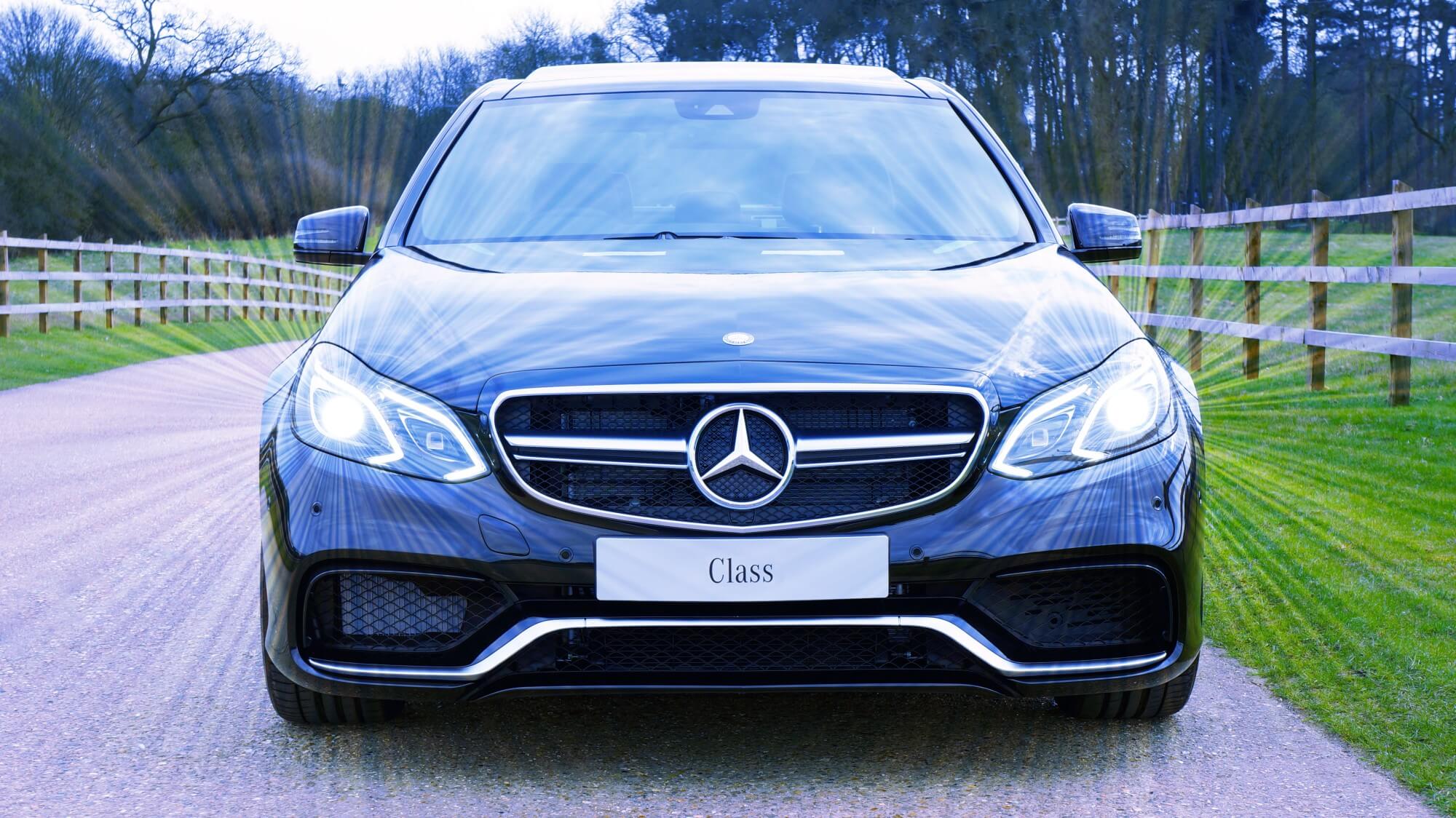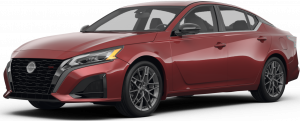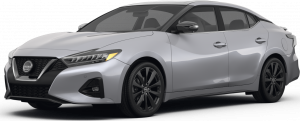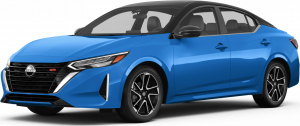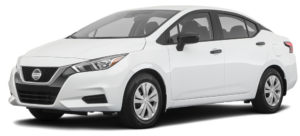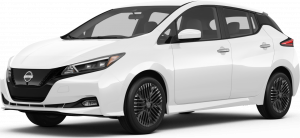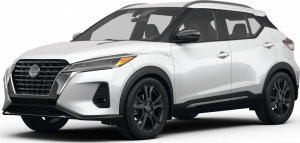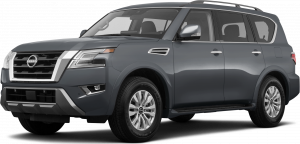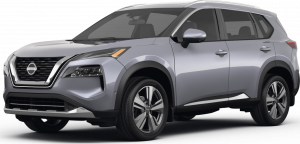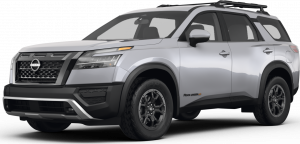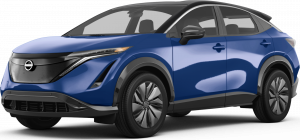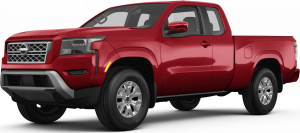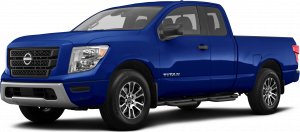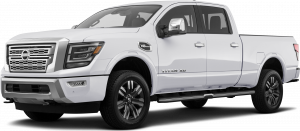Last August 2019, light vehicles in the U.S. cost an average of $37,401. That's a 2% or $723 price increase from the year before!
In fact, the average transaction price for cars has gone up a whopping 29% from January 2007 to January 2019.
With all those price spikes, it's no wonder more Americans are turning to car loans. As of the third quarter of 2018, there were some 113 million current auto loan accounts in the country.
After all, car dealerships now offer more relaxed financing terms.
This doesn't mean that they're no longer open to automobile negotiations though.
That's right! If you negotiate properly, you can bring your total car financing costs down.
Ready to change gears in a spanking, brand-new vehicle without going over your budget? Then keep reading, as we've listed some of the best tips on how to negotiate with car dealers!
In-Depth Research is Key to Effective Automobile Negotiations
Never head to any dealership without conducting prior research on the car you want. This is among the most helpful car buying tips and tricks that, unfortunately, many don't spend time on.
And don't just Google the market value -- look up the Manufacturer’s Suggested Retail Price too. This is the amount you should start your negotiation with later on when you're at the dealership.
Be sure to list down the price of the base model and the other trims it's available in. Find out what makes a higher tier better than the base, and if its extra features are worth the higher price.
The more data you have about the car you want to buy, the more room you'll have for negotiation. So, spend at least a few days on researching before you pay the dealership a visit.
Scour the Internet for Specials and Deals
The most reliable and transparent dealerships advertise good deals on new vehicles. They usually offer these specials for cars that they need to ramp up the sales of. Some also offer various discounts for lease and cash payments.
There are even discounts for recent college graduates and those awaiting graduation!
As you can see, there are many deals that you can take advantage of to make car buying easier on your pockets. Knowing what's available and what you can qualify for gives you more tools to negotiate with.
Negotiate a Deal Based on the Car’s Price First
As we mentioned earlier, you should know the MSRP before you negotiate with any car dealer. This is the price that a manufacturer, say, Nissan, suggests dealers charge for a car.
Since it's only a "suggested" price, you may encounter dealers who charge more than the MSRP. So, by knowing this price, you'll see right away how much more a dealership is asking for a vehicle.
This is where you should start your negotiations with, and not the "monthly payment". Your goal should be to bring down the car's price first before making a deal for financing. Do your best to stay focused on the price and don't get distracted by terms like "0% APR".
Now, while you want the lowest possible price, you also don't want to be too insulting with your first offer. Remember, car dealers still need to make some profit, otherwise, they'd go bankrupt.
This is why it's best to know about the net price of the car too. It's the actual amount of money that the dealer pays the manufacturer for a vehicle.
If you didn't learn of the net price from your previous research, don't hesitate to ask the salesperson. Once you have this info, you can make a fair offer. It should be somewhere in the middle of the MSRP and the net price.
In case you qualify for a special (like what we've mentioned earlier), don’t forget to tell the salesperson. Be sure that the final price they charge you includes this car deal or discount.
Ask to See All Numbers and Not Just the Monthly Payment
A common tactic salespeople use is to keep bringing up the monthly payment. After all, a three-figure number sounds much more enticing to a buyer than a five-figure one.
But if you focus only on the monthly payment, you won't really know if you're getting the best deal. As such, you should ask the salesperson to give you a breakdown of the costs.
This way, you can determine what will go into your monthly payments. It's possible that there are add-ons or extras that you don't need. These may include paint and fabric protection, roof racks, or rear-seat entertainment systems.
Anything that you don’t need, have the salesperson remove it from your final bill. Even if you can afford them, there may be other accessories more useful to you. For example, rather than nitrogen for your tires, you'd want to get dent protection instead.
Always Be Polite
You may be the customer, but you're also asking the dealership for help to finance your car's purchase. While this doesn't mean that you should submit to all their terms, you should be courteous every step of the way.
Be polite even when a salesperson keeps mentioning the monthly payment. In this case, just smile and tell them that you want to focus first on the actual price of the vehicle. Then, tell them that you're willing to make a deal if they’re also willing to meet you halfway.
Avoid sarcastic rebuttals when speaking with a salesperson. Instead, give a well-mannered answer like, "I understand, but my research told me that the MSRP is only $27,000".
This kind of answer benefits you in two ways. First, you're keeping your cool and professionalism.
Second, you're letting them know right away that you did your homework. They will take this as a sign that you're a serious buyer, which will give them more incentive to work out a deal with you.
Successfully Negotiate Your Way to a New Car
There you have it, your ultimate guide to effective automobile negotiations. By keeping these car negotiation tips in mind, you're likely to get the best possible deal on a new vehicle.
Ready to change gears in a new but more affordable ride? Then get started by checking out all our new Nissan vehicle offers! You can also send in your finance application once you've decided which car you'd want to take home soon.





